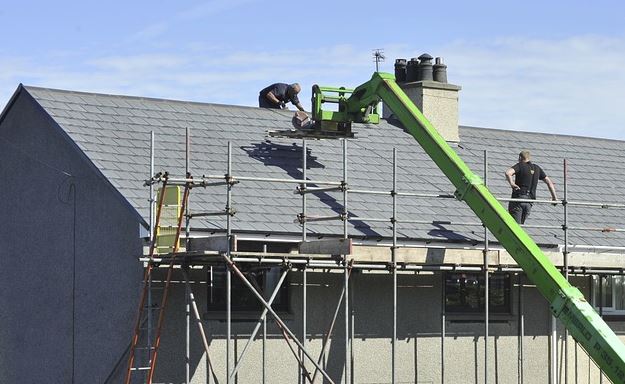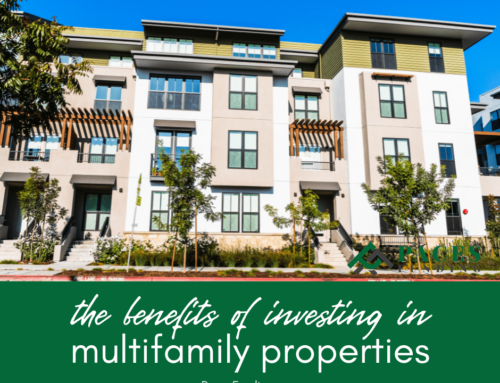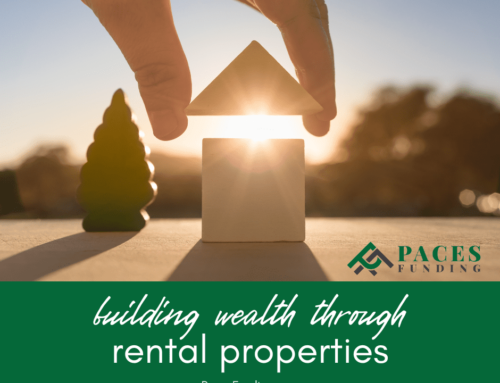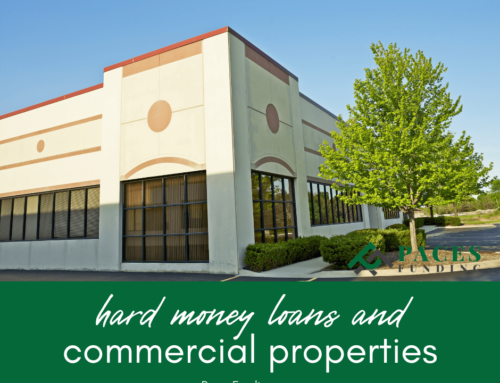
Most Common Problems Identified On A Home Inspection
Have you ever wondered what the most common problems found by home inspectors are? Most problems are relatively easy to fix. So, don’t let these be deal breakers if you find an otherwise good investment.
Faulty wiring is common, but not usually a costly problem for an electrician. Often they find open junction boxes or wires without wire nuts. Easy fixes. Water on ceilings often terrify purchasers, but if it’s caused by faulty plumbing, the repairs can be no big deal. Inspectors commonly find poor drainage causing basement leaks. That’s not always hard to fix either. Bad gutters cause a myriad of issues, but are easy to replace or repair. Foundation flaws like small cracks aren’t always a huge deal. The inspector can inform you of the severity. Poor maintenance like worn shingles or a cracked driveway are also easy to repair, so don’t despair!
Now, if your inspection finds that your roof needs replacing, you could be looking at more than seven grand. If the house is in a flood zone, you might consider just running the other way. If you find major foundation issues, it might not be worth your investment. If all of the wiring is aluminum, you’ll need to replace it. That can also cost thousands, so make sure you’re prepared for that kind of cost investment before you sign the final papers.
Are You Looking for a Hard Money Loan to Flip a House?
Paces Funding is a Hard Money lender offering hard money loans to purchase and renovate non-owner occupied residential and commercial properties throughout the Atlanta, Nashville, Florida, North and South Carolina metropolitan areas.
Call us at 404-814-1644 or contact us online to find out whether you might qualify for this type of funding. In the meantime, check to ensure that you meet our loan criteria. Our loan amounts can be up to 65 percent of the after-repaired value of the collateral—and if you use the loan for renovation or construction, the loan amount can be based on the collateral’s improved value.














